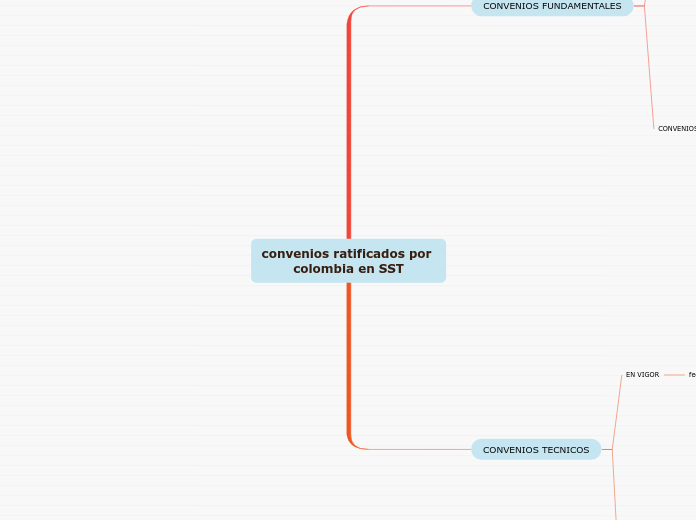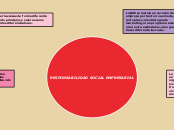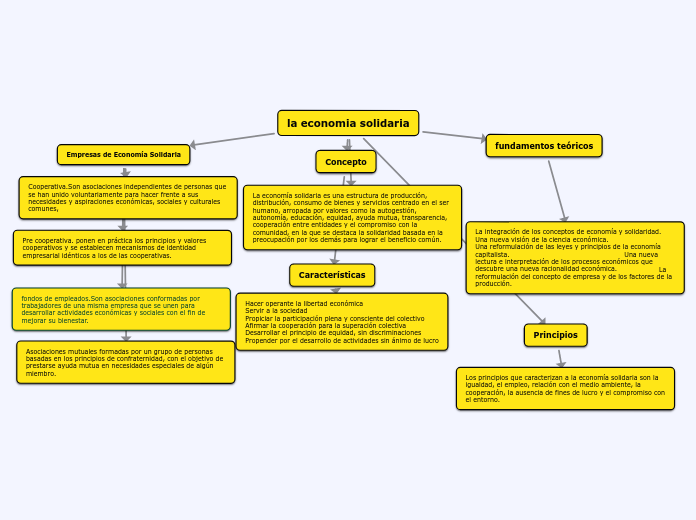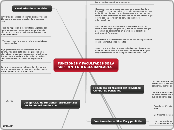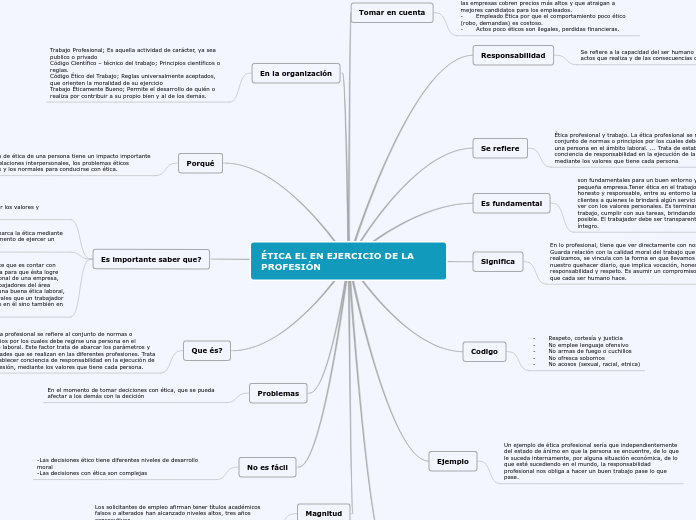convenios ratificados por colombia en SST
To name your story, you have to think about the overall message and what you want your audience to understand from the story. Also, make it relevant and easy to remember.
CONVENIOS TECNICOS
The ending of a story is essential. We all know that if the ending is weak, what happened before loses its importance. So make it unpredictable, but fair. A resolved ending answers all the questions and ties up any loose threads from the plot.
NO ESTAN EN VIGOR
This is the closure section of the story.
See examples of possible outcomes below:
- all problems have been solved
- it's clear how each one of your characters ends up
- your main character is transformed by the challenge
C104 sobre la abolicion de sanciones penales ( trabajadores indigenas ) derrogado por la conferencia internacional de trabajo de 2018
CO21 sobre la inspeccion de emigrante derrogado por desicion de la conferencia internacional de trabajo 2017
COO7 sobre edad minima trabajo maritimo derrogado por denuncia automatica 2002
Try answering these questions in order for you to come up with a closure:
- Have all problems been solved?
- Is it clear what happens with all your characters in the story?
- Has the challenged transformed your main character?
- How do the characters feel in the end?
COO5 Sobre edad minima (industrias) derrogado por denuncias automatica 2002
COO4 sobre el trabajo nocturno en mujeres, derogado por decisiones de la conferencia internacionales de trabajo en el 2017
Try answering these questions to come up with a closure:
- Have all the problems been solved?
- Is there a clear picture of what happens with each character in the story?
- Has the challenge transformed your main character?
- How do the characters feel in the end?
EN VIGOR
This is the moment when the main character surpasses the last obstacle and finally faces their greatest challenge.
The climax usually follows one of these patterns:
- realization
- resolution
- choice
Type in your answer.
fecha de ratificacion 20 de junio de 1933
RATIFICADO EL 13 DE NOVIEMBRE DE 1967
CO95 SOBRE LA PROTECCION DEL SALARIO 1949
co52 SOBRE VACACIONES PAGAS 1936
RETIFICADO EL 07 DE JUNIO DE 1963
CO24 sobre el seguro de enfermedades
CO20 sobre el trabajo nocturno panaderias 1925
CO19 sobre igualdad de trato (accidentes de trabajo) 1925
CO18 por enfermedades profesionales 1925
CO17 por indemnizacion por accidentes de trabajo 1925
CO16 sobre el examen medico de menores1921
CO14 sobre el descanso semanal industria 1921
CO13 sobre la ceruza (pinturta ) 1921
sobre la indemnizacion por accidentes de trabajo (agricultura ) 1920
COO11 Sobre el derecho de asocion (agricultura)
COO9 sobre la colocacion de la gente de mar 1920
COO8 Sobre indemnizaciones de desempleo 1919
COO3 Sobre la proteccion de la maternidad
COO2 sobre el desempleo 1919
COO1 Sobre las horas de trabajo industria 1919
CONVENIOS FUNDAMENTALES
In the beginning of the story (or the exposition), you will need to introduce the setting and characters. You might also want to introduce the main conflict. This part of the story is important because it gives the reader necessary background information and maybe even a first insight into a character’s personality.
CONVENIOS DE GOBERNANZA
The setting (time & place) of a story can change throughout the plot.
impulsa a los estados miembros para su ratificacion, funcionamiento del sistema de Normas internacionales de trabajo
The weather is an important element in your story because it can highly influence the ambiance and the mood of the characters.
C144 sobre la consulta tripartita NIT 1976 se ratifico el 9 de noviembre de 1999 procedimiento de concertacion entre gobiernos, organizacion de empleados y sindicatos mediante ambitos de dialogo
The most affected character is the main character. Write down here if he/she is affected by these weather conditions in any way. For example, if they lost a family member or their home during a hurricane, etc.
C129 inspeccion del trabajo agricultura 1979 se aplica alas empresas agricolas el sistema de inspeccion el cual vela por el cumplimiento de las dispociciones legales relativas a las condiciones de trabajo
Decide if you want to include an element of nature in your story. For example, a rainbow can be a very nice choice for a happy ending. The mist in a story can represent mystery and secrets. A thunder can appear in the background at the moment when the 'bad guy' of the story makes its appearance, etc.
Co 81 sobre la inspeccion del trabajo 1947 se ratifico el 13 de noviembre de 1967 mantener un sistema inspeccion de trabajo en establecimientos especiales.
Does your story include catastrophic weather? See a few suggestions below or add your own:
- hurricane, earthquake, storm, etc
PRINCIPIOS O DERECHOS FUNDAMENTALES
Characters are essential to a good story. Usually, the protagonist(s) is/are the most affected by the plot. Introduce a character by focusing on their actions, interests, and occupation, as the physical appearance doesn't make a difference in most cases.
EN EL TRABAJO
Type in the name of your character.
sobre la discriminación empleo y ocupación 1958 se ratifico el 4 de marzo de 1969 política que promueve la igualdad de oportunidades y de trato en materia de empleo y ocupación, sin distinción o exclusión
C100 sobre la igualdad de la remuneración 1951 se ratifico el 7 de junio de 1963 principio de igualdad de remuneración entre mano de obra masculina y femenina por un trabajo de igual valor
What is your character's main goal?
fight Evilfind lovedefeat his/her enemyrule the worldmake friendstime travelmake an awesome discoveryOther
Co87 sobre la libertad sindical y ala protección del derecho de sindicación se ratifico el 16 de nov de 1976 los trabajadores sin excepción tienen derecho a construir organizaciones sindicales afiliarse conociendo ,los estatutos.
Which traits best describe the character's personality? Choose more if necessary:
introvertedloyalkindindependentquick-thinkingadventuresomeidealisticsweet-naturedcalmrisk-takercreativewittystrictfussyweirdclumsyharshaggressivecarelessclingingcowardlycrueldeceitfulimpulsiveOther
Co29 se ratifica, el 4 de marzo de 1969 suprimir el trabajo forzoso en todas sus formas, objeto de sanciones penales.
Choose the type of your chacter:
Protagonist (main character)Antagonist (main character's opponent)Flat (stereotypical character)Round (his/ her personality develops throughout the story)Static (doesn't evolve as a person throughout the story)Dynamic (dramatical change in personality)Confidant (the main character trusts him/ her)Foil (contrasting character who enhances the personality of another character)Other
sobre la edad mínima 1973 se ratifico el 2 de febrero del 2001 ninguna persona menor de edad deberá ser admitida a emplearse ( edad mínima 15 años)
